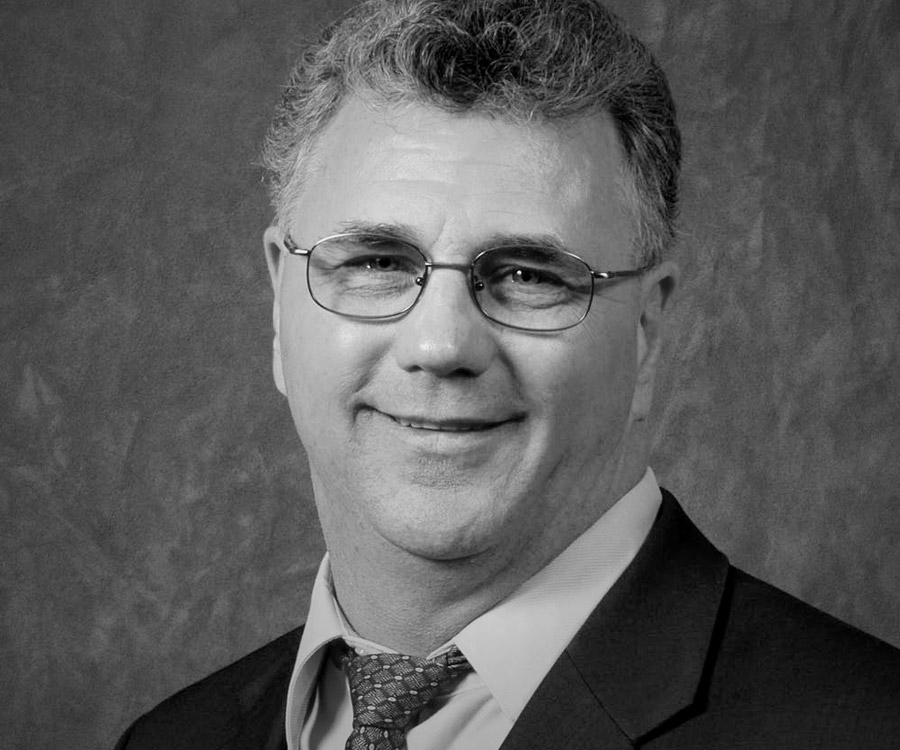The Joy of Recovery
I understand the addicts I serve. I mean, I really do.

David Moran
There is something that the clients at the Crozer-Keystone Recovery Center, where I serve as director, may not realize right away: I know. I know what it’s like to suffer from alcoholism and addiction. My family history — and my history — is marked by decades of drug and alcohol abuse. My current role as an administrator doesn’t allow me the opportunity to share that knowledge as often as I did when I was a counselor and social worker. But I can identify with the pain of the substance abuser and of families who have lost loved ones to addiction — especially parents who lose their children to overdose and drug-related deaths. We used to see such deaths once or twice a year. In the past two years, we’ve seen them weekly.
The conversations I have with parents who have lost adult children reveal common themes: This family member was loved. This person had talents and gifts. The family was prepared for the death. That sounds terrible to say, but the families are prepared for several reasons: They have worried, have experienced near-death overdoses, and have witnessed drug abuse and behavior that recovery literature refers to as Incomprehensible Demoralization — or “the walking dead.” During these conversations, when appropriate, I share how I know. And I think it many more times than I say it.
The deeper sense of I know is that it didn’t have to happen. That loved one didn’t need to overdose. That life could have been spared. We have programs, funding and liaisons to connect people to treatment. But it’s not just a matter of showing up — recovery demands work and dedication. Overdose and the walking dead are consequences of substance abuse. The rewards of recovery are boundless.
You see, the words I know don’t just mean I experienced and suffered from addiction. I survived. I survived a seemingly hopeless state of mind and body. I recovered. When I think or say “I know,” it’s always with the reflection that recovery is available. If I can do it, anyone can.
I know survivorship plays out when I’m planning new programming, writing grants off the clock, negotiating programming space, hiring staff, and developing job and program descriptions, or when I’m training staff to offer skills of “recovery” to the people they serve. I know allows me to bring the God-given gifts and talents that my family saw in me to others. I know is a realization that the programming we offer and what we do as health-care workers works. I know comes with tears of gratitude for the many thousands of people who have recovered from substance abuse and other abuses beyond imagination — who have survived and thrive. I know reflects the many parents who won’t have to go to their children’s funerals, and the children who will experience the love of parents who have recovered from addiction and show up at games, at school, and in a future free of the insanity of addiction. I know reflects a health-care worker who helps make recovery possible.
David Moran is director of the Crozer-Keystone Recovery Center.


